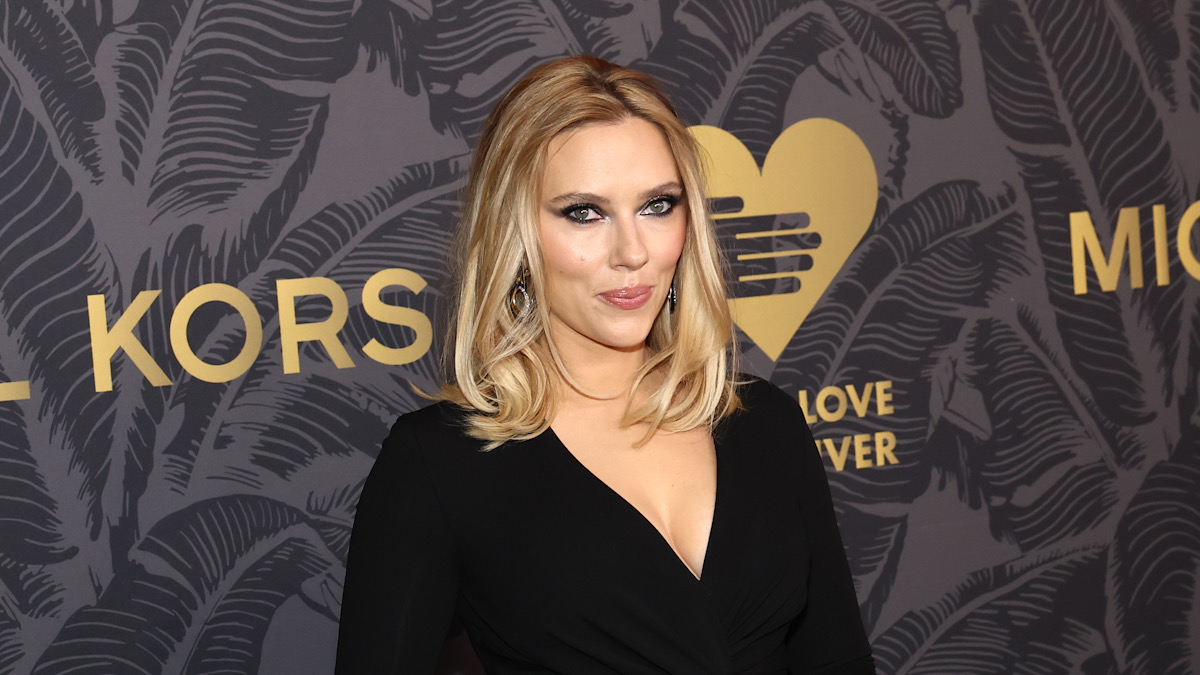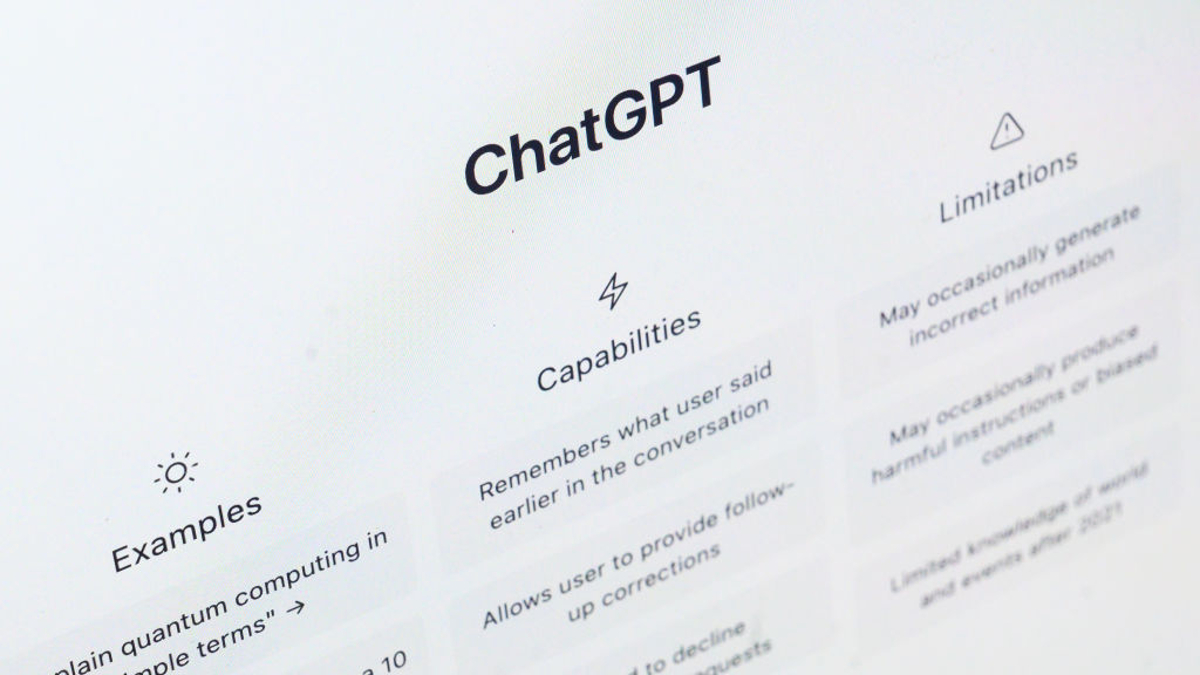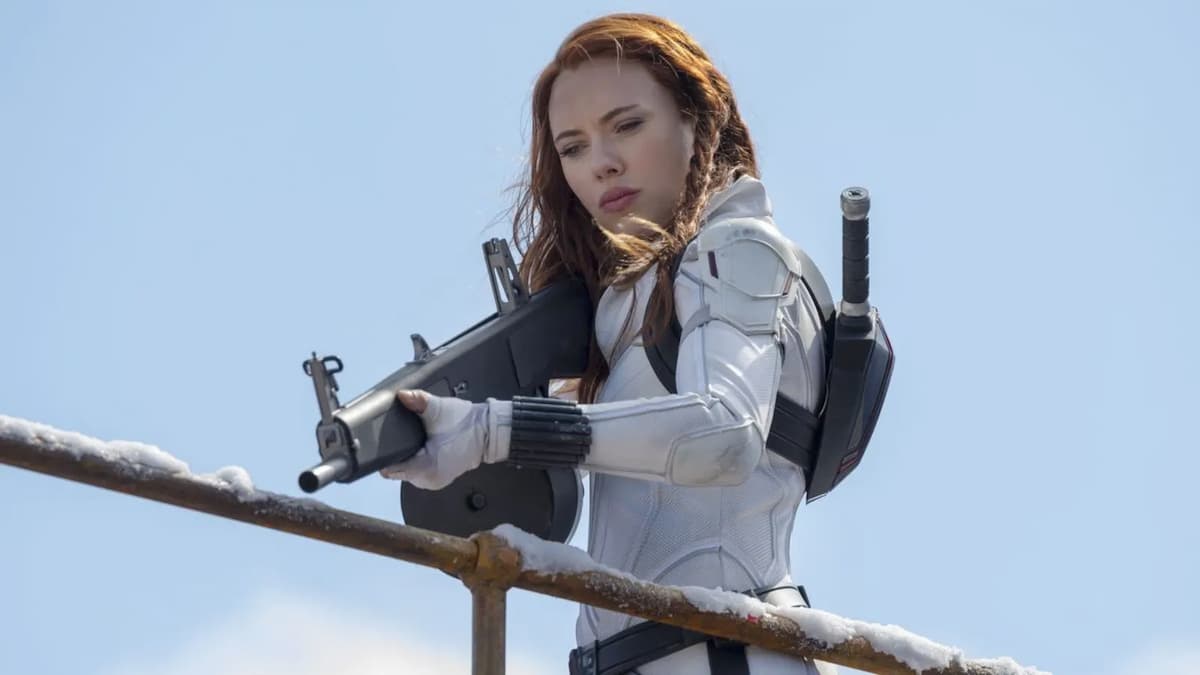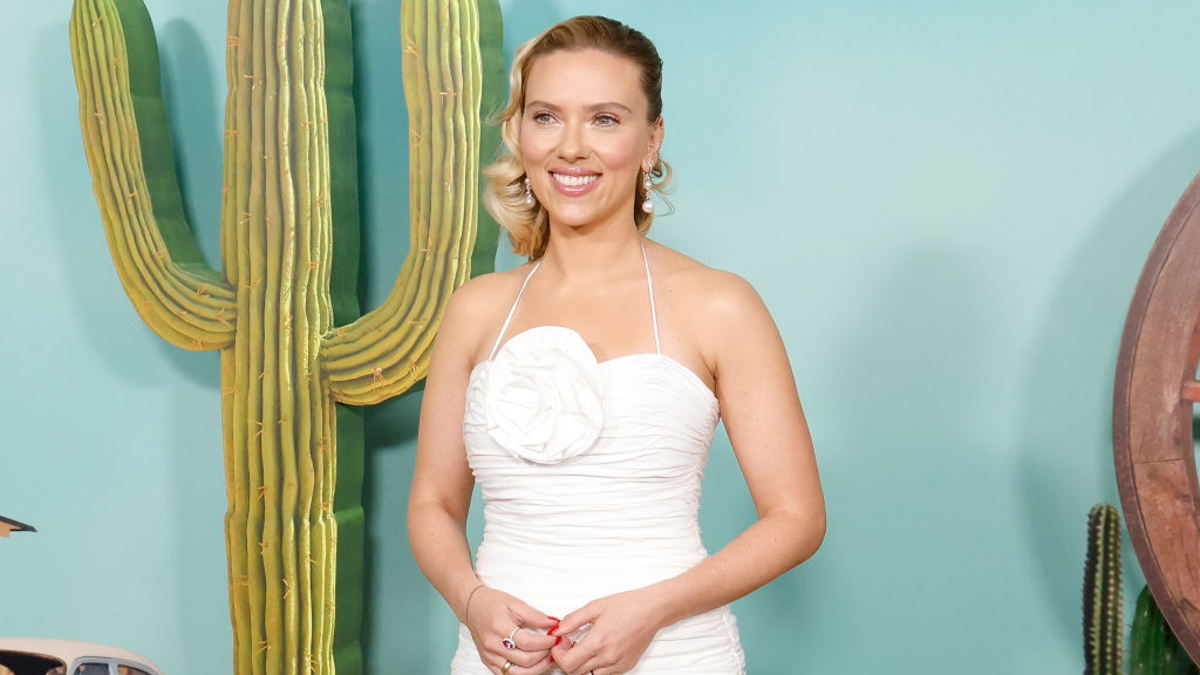When Scarlett Johansson starred in Her way back in 2013, many people felt an AI like the one portrayed in the film was firmly in the realm of science fiction.
And now, over a decade later, we can safely say those people were correct. Despite what tech evangelists and their hordes of terminally online fans say, advances like we’ve seen via ChatGPT are still far from producing the sort of AI shown in sci-fi films like Her, or even 2001: A Space Odyssey.
In fact, ChatGPT and similar generative AI programs seem to have managed to do nothing but flood the internet with low quality writing and images, most of which are easily spotted as fakes if the viewer spends more than a few seconds looking at them.
Of course, this hasn’t stopped tech bros from singing the praises of these advances as if we are already living in the future. Then again, these are the sorts of people who thought startups like WeWork were worth their billion-dollar valuations, so they’re clearly not the brightest.
With that said, ChatGPT does have some benefits, and as far as generative AI goes, it is well ahead of the previous iterations of products like it. The chatbot was designed by OpenAI, a company that was initially founded on the principles of free-use software and spreading knowledge. However, like with most tech companies, its founders have been blinded by dollar signs, and begun to engage in morally and ethically dubious behavior (like stealing content to train its models on), much of which is also illegal.
The most recent ChatGPT controversy involves Johansson, but is about much more than just the Lost in Translation star.
Why would Scarlett Johansson sue ChatGPT?

The two-time Oscar nominee claims that one of the voice options available on the new ChatGPT-40 model is derived from her, even though she explicitly told OpenAI they couldn’t use her voice.
In a statement, Johansson said she was approached by the company in 2023 to provide a voice for its AI system, but she declined for “personal reasons.” She was later “angered” to hear the option, named “Sky,” which “sounded so eerily similar to mine that my closest friends and news outlets could not tell the difference.”
OpenAI published a blog post claiming Sky was not based on Johansson, claiming a different voice actor was used. However, much like someone who claims their girlfriend goes to another school, they also stated they could not reveal the name of the actress to “protect their privacy.”
This was undermined by the fact that the company’s CEO Sam Altman tweeted the word “her” after the voice was revealed, clearly linking it to the 2013 film which starred Johansson. As we said earlier, these people may be good at coding, but they are not very smart when it comes to anything else.
Is what ChatGPT did illegal?

It depends. If they did in fact use Johansson’s voice then this is clearly illegal. The actress has mentioned that Altman reached out to her two days prior to Sky being released asking her to “reconsider,” which seems to imply they went ahead with it and were sure they could get her to change her mind. However, unlike angel investors with more money than sense, Johansson wasn’t taken in by Altman’s charlatanism.
OpenAI has claimed the voice is based on several factors, including what they describe as being “timeless” and “approachable.” They claim flew the chosen actors into San Francisco for recording sessions.
This isn’t the only controversy surrounding Sky, though. Several members of OpenAI’s safety team quit prior to Sky’s release, citing safety concerns. One researcher said OpenAI was prioritizing “shiny products” over safety. Altman denied this, but given everything we know about Silicon Valley, we’re inclined to believe the departing employees rather than the man who stands to make millions.
Is Scarlett Johansson suing ChatGPT?

For now, Scarlett Johansson is not suing ChatGPT/OpenAI. However, she instructed lawyers to get the company to pull Sky and on Monday that voice model was removed from the service. We shall see if further legal action follows.

